Gender and sexual behaviour that did not conform to heterosexual norms have been recorded as long ago as the 14th century in Thailand. Thai society in the 19th century was relatively androgynous relating to clothes and hairstyle. Around this time, colonial Western norms of behaviour and thinking started to be adopted including the criminalization of homosexuality.1
Although the country is known as a safe-haven for same-sex couples and as the trans paradise of the South Pacific, Thai LGBTQI persons face challenges not experienced by non-residents, as the legal framework and public sentiment are not always as liberal towards sexual diversity as may be perceived by non-residents. Despite the outward appearance of acceptance, and the high visibility of LGBTQI persons, LGBTI individuals still experience hostility and prejudice, as well as institutionalized discrimination.
Despite the outward appearance of acceptance LGBTI people still experience hostility and prejudice, as well as institutionalized discrimination.
Legal and policy reform is seen as difficult both because lawmakers tend to be conservative, and because the existing constitution and national legal framework are seen as sacred. Today’s Thailand is contradictory. It is one where the Tourism Authority actively promotes the image of Thailand as a gay paradise, but where discussions of sexuality in society are still taboo and there is limited sex education in schools. LGBTI individuals tend to be more visible in urban settings than rural.
Although there is no overt persecution of LGBTI people, Thai society does not wholly accept sexual and gender minorities. Attitudes towards LGBT individuals can be somewhat tolerant as long as LGBTI people remain within certain prescribed social confines. Hostile attitudes may lurk below the surface of individuals and parts of society that do not express their views openly.
As in many other places in Southeast Asia, the greatest and often most important struggle that a Thai LGBTI individual faces is that of family acceptance. Being respectful to the wishes of one’s parents and upholding the family reputation is fundamental to how a Thai individual conducts their life, and these social expectations can run counter to the best interests of those with a sexual orientation or gender identity that does not conform with social norms.
1 Being LGBT in Asia – USAID. Thailand, Country Report.
- Status of Same-Sex Sexual Activities
-
Legal for both female and male sexual activity
In the legal domain, sodomy was made a punishable offence in the first decade of the 20th century as part of an effort to make legal code appear to conform to European norms of civilization. Despite that, Thai legal archives record only one prosecution under the anti-sodomy clause, which was removed from the books in 1956 as part of a review to purge the legal code of obsolete provisions. - Legal Recognition of Same-Sex Relationships
-
Unrecognized
Many same-sex couples already arrange symbolic ceremonies, but they hold no legal effects in the country. Legislation drafts to grant legal recognition for same-sex couples started recently. By 2014, the Civil Partnership Act had bipartisan support, but its approval was stalled due to a political crisis in the country. - Same-Sex Parenting
-
No provisions
There is no provision guaranteeing joint or step-child adoption by same-sex couples. Thai law requires a couple to be legally married in order to adopt a child, and the Law currently does not recognize same-sex marriages, civil unions or domestic partnerships. - Legal Gender Recognition and Sex Reassigment Surgery
-
Legal for both female and male sexual activity
Thailand is internationally known for being a hub for gender-affirming surgeries, providing several cheap and quality options and attracting trans people worldwide do undergo medical procedures. However, full legal recognition is still not a reality. An individual who underwent the surgery can request their name to be changed, but their gender marker on official identification documents can still not be modified. - Laws and Policies on Discrimination
-
Anti-discrimination laws cover the grounds of sexual orientation and gender identity
Donating blood is banned for people who engage in same-sex sexual activity. The deferral is indefinite.
LGB persons can serve openly in the military. The ban was lifted in 2005. Prior to this reform, they were exempted as suffering


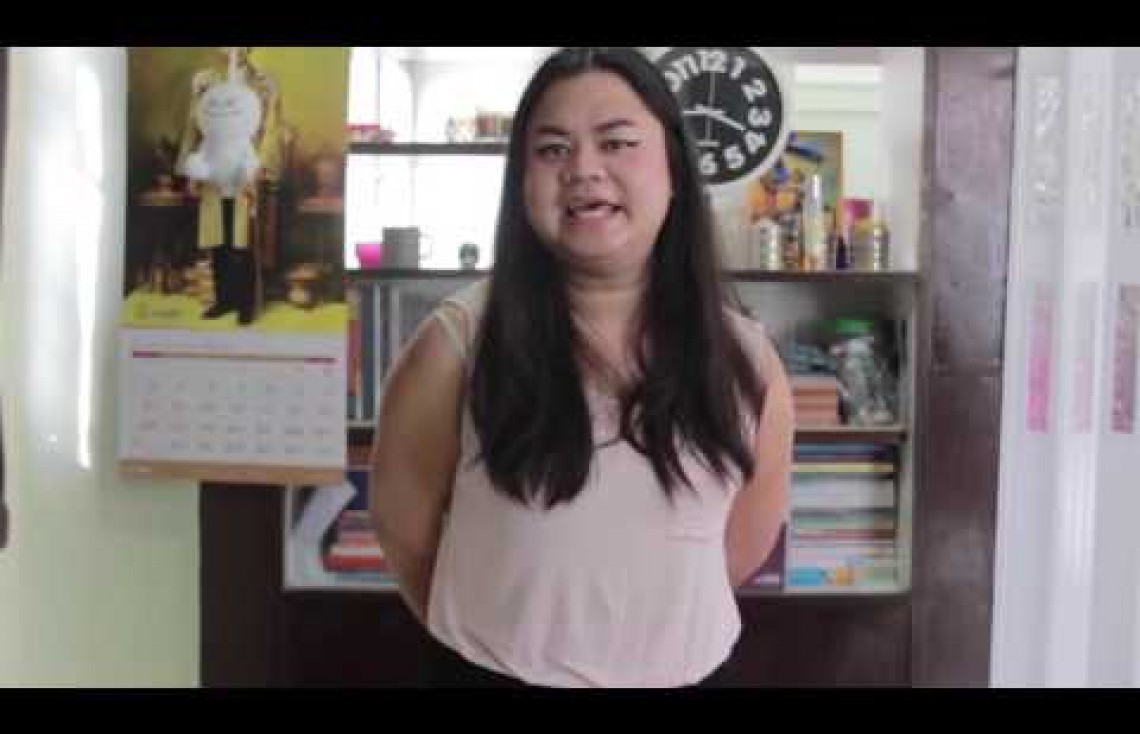
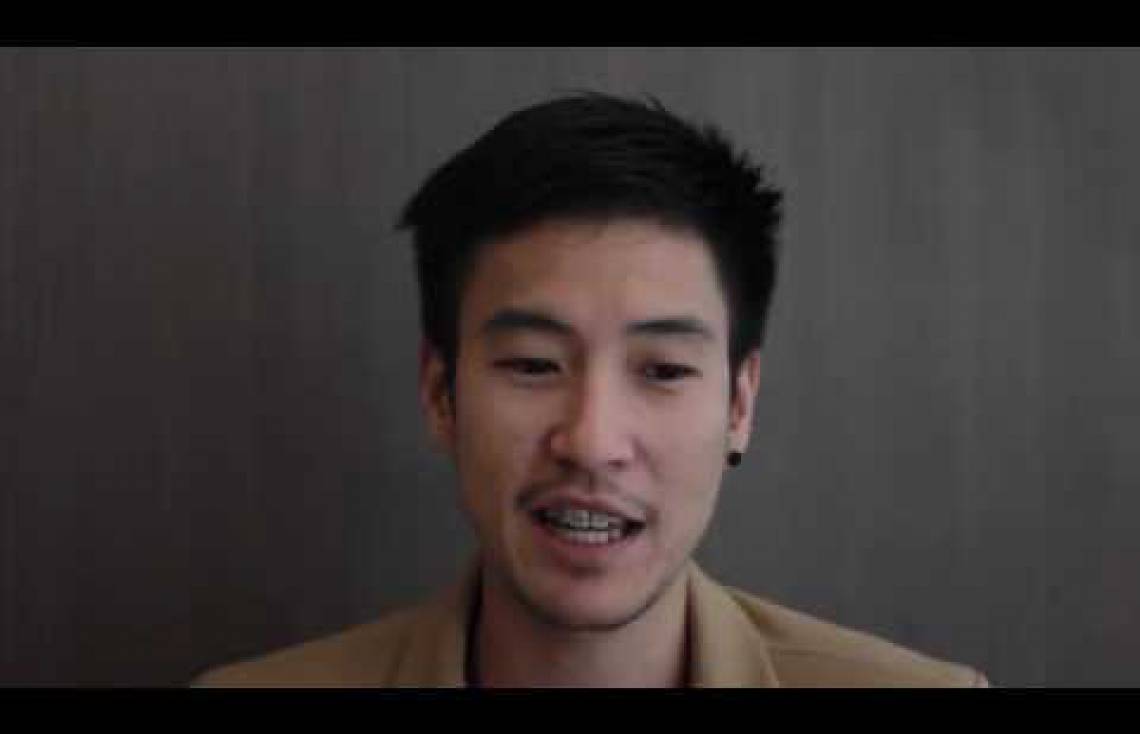
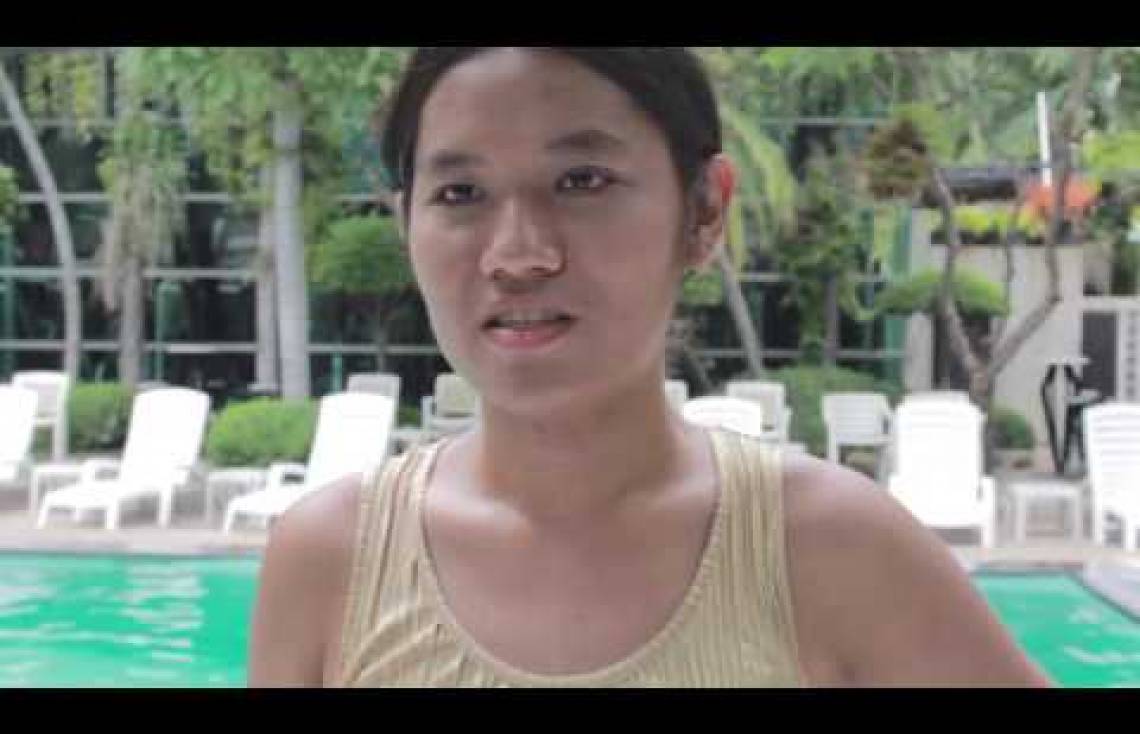

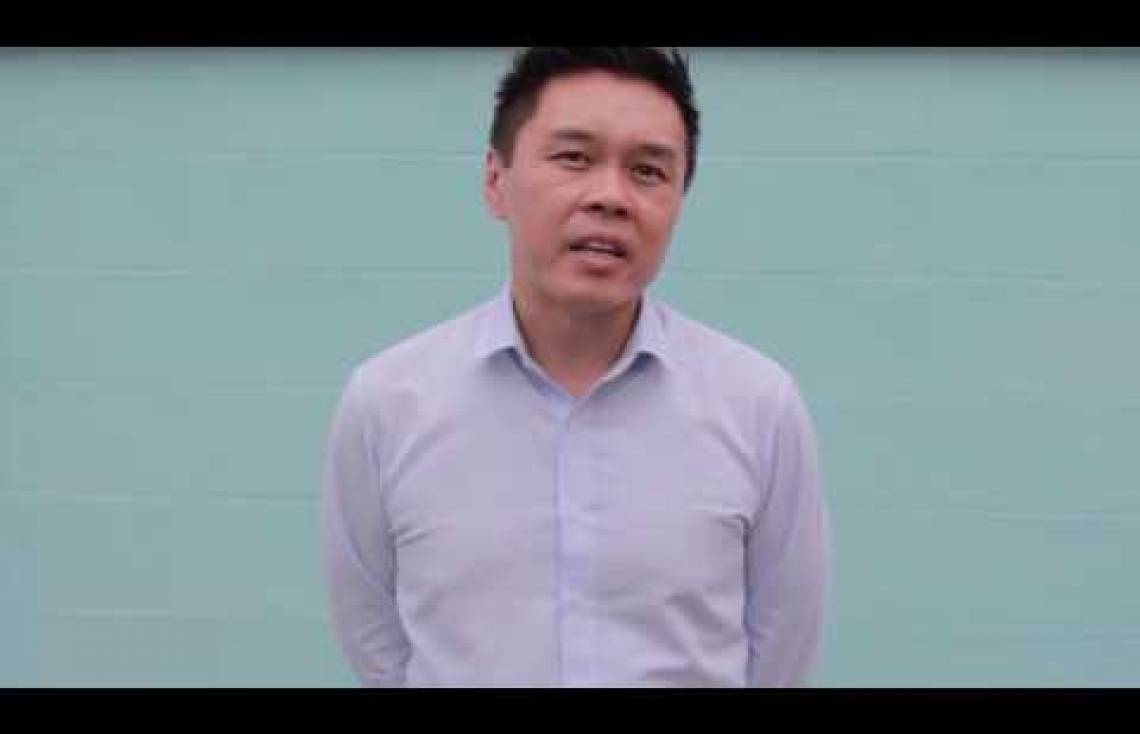
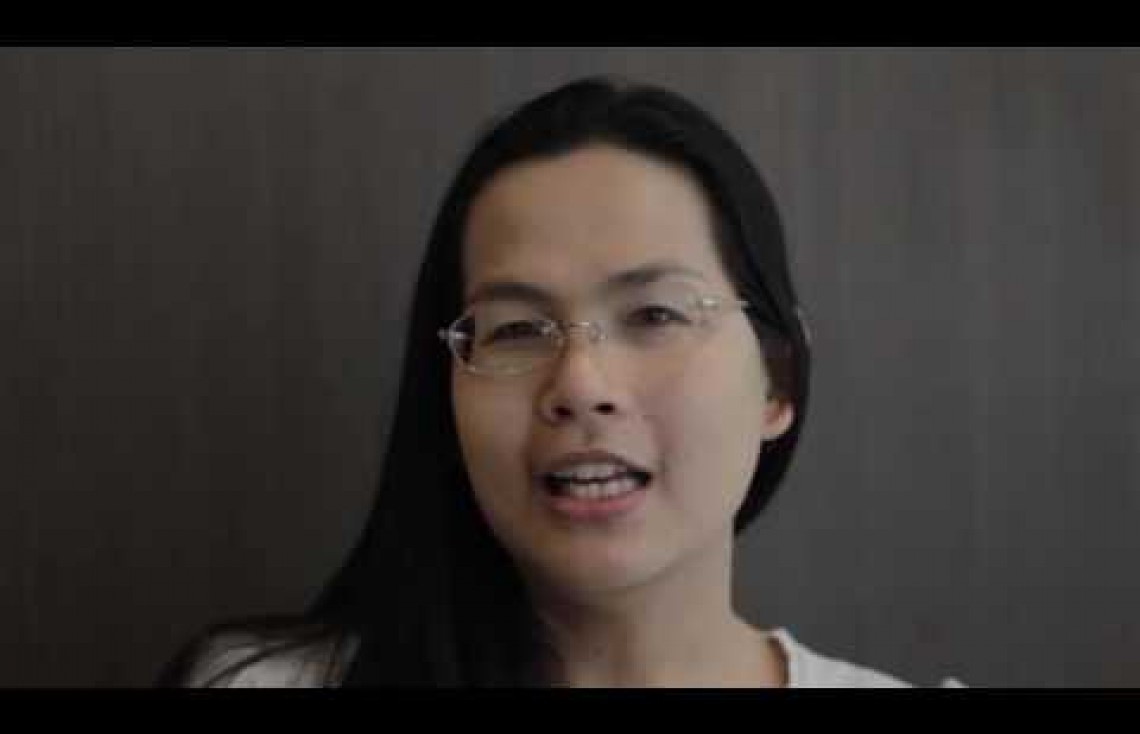
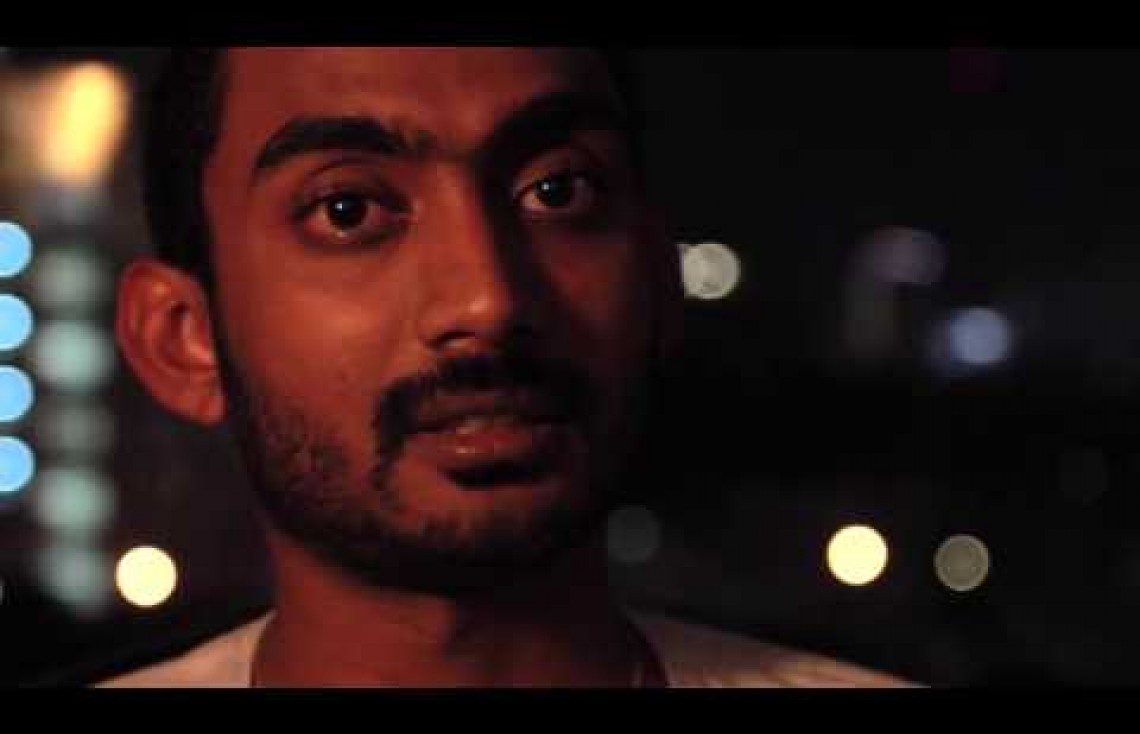


Anti-discrimination Law. Thailand introduces first law to protect LGBT people. (PinkDot. 09/2015)
,Society & Public Perception. Two-Faced Thailand: The Ugly Side of ‘Asia’s Gay Capital’. (Huffington Post. 10/2015)
,Same-sex parenting. Gay Couple Win Custody Battle Against Surrogate Mother in Thailand. (The Guardian. 04/2016)
,Pride & Activism. Thailand’s Only Pride Parade Marched in Phuket. (Coconut Bangkok. 05/2016)
,LGBTQI Human Rights. UN appoints first independent investigator to protect LGBT people from violence. (The Independent. 09/2016)
,Media, Press & Activism. Children’s Magazine Pressured to Include Depictions of Homosexual Families.(CNS News. 10/2016)
